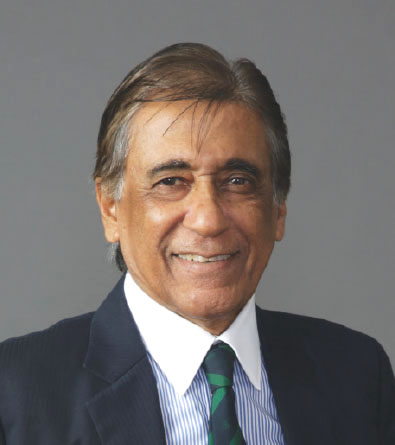Letter from the Editor

Writing on this page a year ago, I recounted the genesis of this publication and the nation-building impulses that provoked the launch of EducationWorld with the mission to “build the pressure of public opinion to make education the #1 item on the national agenda”. I ended last year’s letter from the editor with a ringing call to “all publics to set aside pride and prejudice and make common cause with us to vault education to the top of national priorities” because “the future of Generation Next hangs in balance”.
Although a ringing call, I don’t think it resonated with any public, let alone all publics. Since then, a steady stream of noble-intent initiatives and proposals to take Indian education to the next level, have flooded the websites of the Union education ministry and state governments. But all available reports such as the independent Annual Status of Education Report (ASER) and even several government reports — as also anecdotal information — indicate that landmark education reforms are being implemented at languid, unhurried pace.
Even as 15 million children complete school (class XII) education annually and 10 million eager-to-work youth are emerging from the country’s 52,000 undergrad colleges and 1,338 universities every year, neither in Shastri Bhavan, Delhi — from where Union education minister Dharmendra Pradhan and his loyal lieutenant Sanjay Kumar, secretary of school education and literacy, issue a stream of promises and resolute statements of intent while stubbornly refusing to discuss or explain them with India’s undisputedly #1 education newsmagazine – nor in the states is there any discernible urgency to implement landmark reforms.
Dear, Dharmendraji and Sanjayji! Our intent is not to trip you up or write sensational exposés, but to engage in constructive bona fide dialogue to discuss ways and means to develop the country’s abundant and high-potential human capital in the national interest.
Indeed 26 years on, I am amazed by the number of public officials, businessmen, bankers and learned academics unaware that developing and enriching human capital is the non-negotiable precondition of national development. One routinely encounters highly successful establishment icons who unveil elaborate industry, academy and social development plans and projects with minuscule awareness that ambitious plans require well-educated, skillful individuals — down to the last man — for resources optimization. This ignorance has cost — and continues to cost — the nation dear, as our anniversary cover story laments.
Yet all is not lost. A constellation of proven academics and public commentators have contributed special anniversary essays suggesting ways and means to improve and upgrade India’s floundering education system. And our Eye Witness Report from Muscat, Oman narrates an inspiring story of diligent, carefully curated institution development.

















Add comment